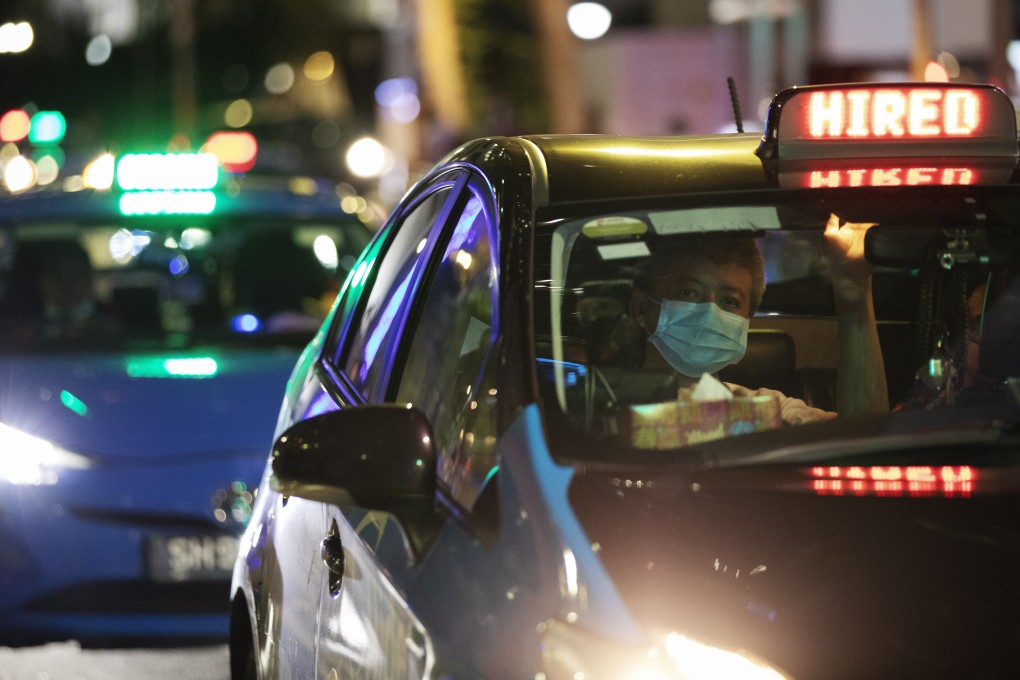Singapore’s self-employed workers mired in anxiety amid glum outlook for economic recovery
- The government has offered almost US$1.5 billion in financial support but the last instalment was paid last month
- Hopes of a quick comeback from Covid-19 have evaporated and the government has made clear that any opening up will occur gradually

Freelance tour guide Matthew Phua hasn’t hosted a group since December. Then, he ferried around business travellers from China in his 13-seater minibus for meetings and filled their free time with trips to attractions such as the Singapore Botanic Gardens, the city state’s only Unesco Heritage Site.
“There are no tour groups coming in, and there are zero jobs,” said Phua, 55, who used to charge about S$500 (US$370) a day for his tour guide and transport services.
The pandemic has exposed the financial vulnerability of the self-employed – a diverse group made up of hawkers, cabbies, sole proprietors, freelancers and gig economy workers, who number an estimated 211,000, or 9.6 per cent of Singapore’s resident workforce, according to a 2019 Manpower Ministry report.
Unlike full-time employees, they have few protections such as retrenchment benefits but have endured sharp drops in their earnings. The fear in Singapore is that the real winter for this group is only beginning after much sought after government payouts ended last month.
For Phua, the grant has been useful in helping him cope with the loan repayments on his minibus, once his main source of livelihood.
“Of course if the relief package continues, it is great,” he said. “But I know I have to be prepared for the worst too – the government can’t possibly be giving out help all the time.”
